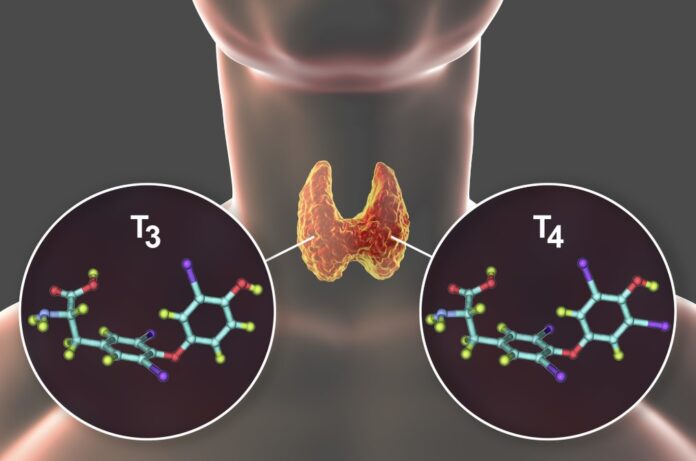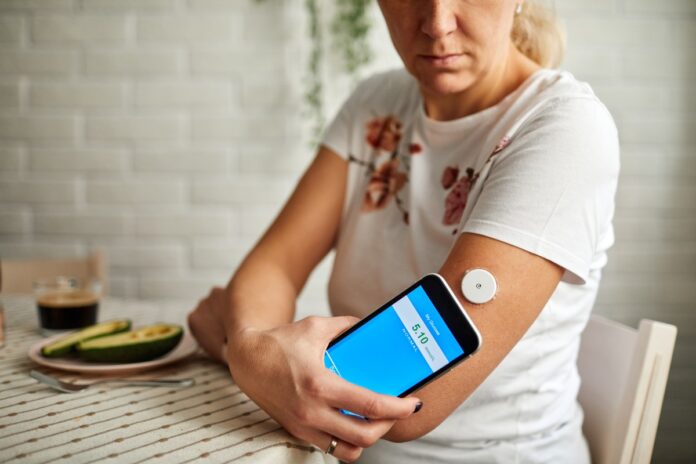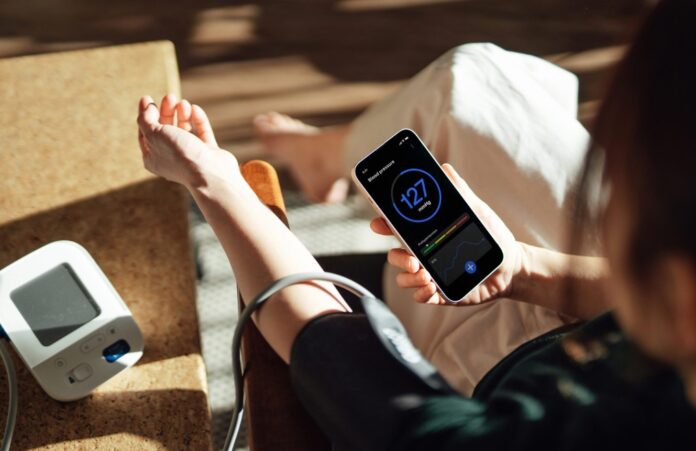In a fast-paced world where chronic stress and exhaustion have become normalized, many early signs of health problems go ignored. That constant tiredness after a full night of sleep, irritability without reason, or the mid-afternoon crash that hits like a brick wall—none of that is random. These are signals. And if those signals keep showing up, they need attention.
Staying ahead of health problems means recognizing the early shifts. That includes more than regular doctor visits. It means using smart, accessible tools that detect small changes before they lead to bigger problems. This article outlines several tools that can help track and improve physical and emotional health—tools that act before symptoms spiral.
1. Symptom Checker Platforms Help Decode Early Issues
Most people ignore early symptoms until they become too strong to avoid. A persistent headache, mild anxiety, or constant fatigue gets brushed off as stress or aging. But today, digital symptom checker platforms use structured health data to flag possible conditions based on early inputs.
These tools guide users to ask better questions and look beyond surface symptoms. Instead of guessing, users enter what they feel—exhaustion, irritability, sleep disruption, or appetite changes—and get tailored suggestions based on clinical research.
Top features include:
- Symptom correlation with likely causes
- Risk-based next steps for testing
- Suggested conditions based on patterns
- Advice on urgency and when to consult a doctor
By using structured algorithms and evidence-based logic, these tools help people stop guessing and start narrowing down root causes. It’s not diagnosis—but it’s far more useful than a vague Google search.
2. At-Home Health Test Kits

Laboratory visits take time. Many skip them altogether. At-home tests eliminate that barrier. They’re fast, private, and surprisingly accurate. One essential tool: thyroid health testing.
A reliable thyroid stimulating hormone test can help detect problems like hypothyroidism or hyperthyroidism—two silent culprits behind fatigue, depression, and weight changes. This at-home kit measures TSH and other key thyroid markers with just a finger-prick sample. After mailing the sample, results come back securely within days.
It’s fast. It’s private. It works.
Thyroid disorders are often underdiagnosed. Many people live with mild symptoms for years. Early testing puts the control back into the hands of the individual, helping avoid unnecessary decline or medication missteps.
3. Mood and Hormone Tracking Apps Offer Clarity
Emotions shift day to day, but tracking them gives insight into physical health too. Hormones like cortisol, serotonin, and dopamine shift depending on stress, diet, and rest. There are now apps that sync with wearables or journals to spot how emotion and health connect.
For example, tracking apps allow users to log:
- Sleep quality
- Mood ratings throughout the day
- Menstrual cycles (for those who menstruate)
- Symptoms like headaches or bloating
The more accurate the tracking, the better the picture. Emotional stress shows up physically—irregular heart rate, digestion issues, or even skin reactions. Over time, that data can help doctors and individuals catch imbalances that might otherwise stay invisible.
4. Continuous Glucose Monitors Reveal Hidden Sugar Spikes

Even for people without diabetes, glucose instability matters. That sharp drop in energy mid-morning? It might be a crash from a breakfast loaded with refined carbs. Glucose spikes and crashes affect focus, mood, and fat storage.
Continuous glucose monitors (CGMs) are now available over the counter. Some models don’t even require a prescription. They track blood sugar levels in real time and can alert users about unexpected spikes or crashes.
This kind of feedback is valuable for learning:
- How different meals affect blood sugar
- Whether stress or sleep impact energy
- What time of day metabolism slows down
People often assume fatigue is just part of a busy life. In many cases, it’s avoidable. Blood sugar insight brings better control, especially for anyone struggling with weight or mental clarity.
5. Wearables Go Beyond Steps and Calories
Fitness trackers have evolved. They no longer just count steps. They now monitor heart rate variability, sleep cycles, and stress levels. Some even detect body temperature fluctuations, helping users spot illness before symptoms begin.
Key wearable features to prioritize:
- Heart rate variability (HRV)
- Oxygen saturation (SpO2)
- Skin temperature
- Resting heart rate trends
- REM and deep sleep data
A sharp drop in HRV, or elevated resting heart rate, can show signs of overtraining, sickness, or stress overload. Many high performers use wearables to monitor performance. But average users benefit just as much. It’s about using data to make informed choices—whether to push through a workout or slow down and recover.
6. Smart Bathroom Scales Do More Than Measure Weight

Modern bathroom scales go far beyond pounds and kilos. Many now offer:
- Body fat percentage
- Muscle mass
- Bone density estimate
- Water retention levels
- Metabolic age
Weight alone doesn’t say much. But a scale that measures internal body composition tells a different story. A healthy weight with high visceral fat still puts someone at risk. Smart scales sync with apps to track long-term progress, allowing users to spot unwanted trends early.
A slight increase in visceral fat over time may point to inflammation, stress, or insulin resistance. Those trends are worth catching before they lead to conditions like type 2 diabetes or cardiovascular issues.
7. Gut Health Tests Provide Digestive Clarity
Gut health impacts everything—energy, skin, focus, and even immune response. Modern stool tests now offer a full breakdown of gut bacteria. They can show if key strains are missing or if harmful bacteria are dominating.
Testing gut health at home helps:
- Spot poor digestion causes
- Identify food intolerances
- Detect bacterial imbalances
- Improve mood through microbiome correction
These kits provide reports with suggestions on foods, probiotics, and lifestyle changes. They don’t replace medical advice but serve as an early checkpoint to prevent long-term digestive issues.
8. Mental Wellness Tools Support the Whole System

Mental health tools matter just as much as physical ones. Apps focused on mood, anxiety, and focus have surged. Guided meditations, biofeedback, and daily check-ins help users notice changes in thought patterns and emotional control.
They often include:
- Anxiety level tracking
- Focus drills and breathing sessions
- Journaling tools
- Behavior change reminders
Mood swings that feel random usually aren’t. They often follow poor rest, inflammation, or nutrient gaps. Mental health tools bring awareness that drives better decisions in the moment—resting instead of pushing, reaching out instead of isolating.
9. Daily Awareness Is the Ultimate Tool
Health tools are only effective if people use them with purpose. The best health habits start with awareness. Without tracking, most people guess. That guesswork delays change.
Even simple tools can bring value:
- A paper symptom log
- A phone app reminder
- A mood check-in each evening
The goal is not constant monitoring. It’s consistent attention.
Health doesn’t collapse in a day. It builds from weeks and months of small signals ignored. Catching those early gives people time to act.
Final Thoughts
Modern tools now make it easier to stay ahead of health problems. From wearables to lab-grade tests done at home, the opportunity to track patterns, spot imbalances, and fix them early has never been more accessible.
Anyone can start small. One test. One app. One insight.
Energy and stability don’t have to fade slowly. With the right tools, people take control instead of waiting for burnout or illness to make the first move. The body always sends signals. The key is choosing to notice.









